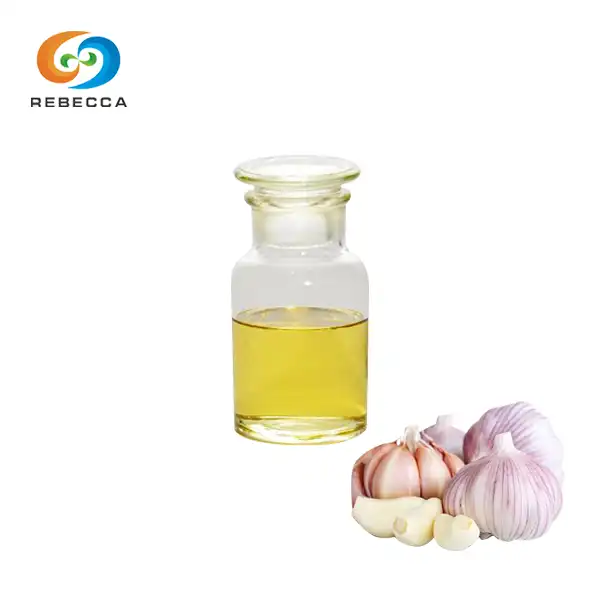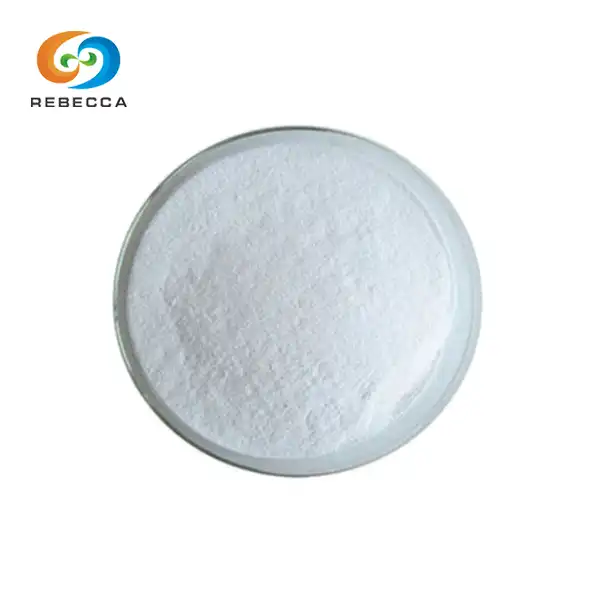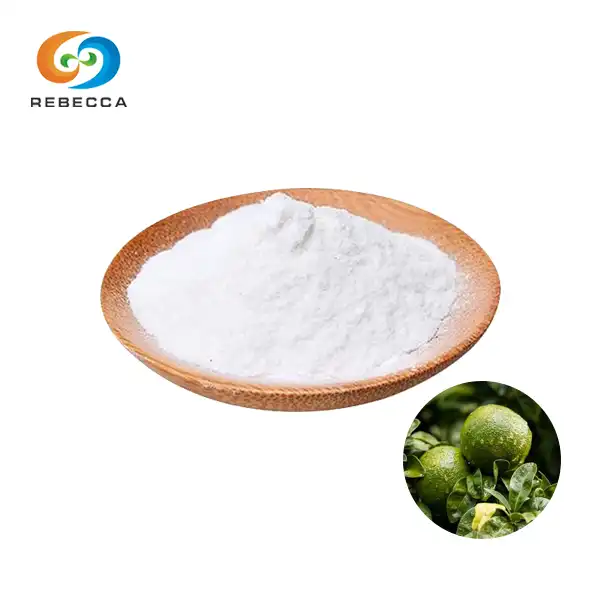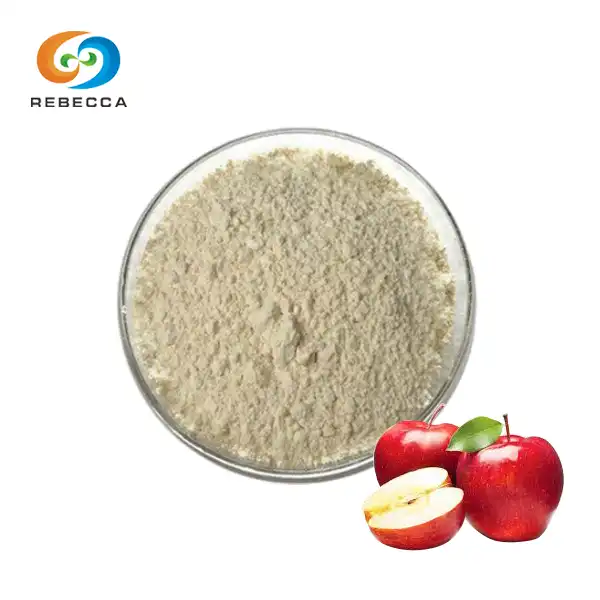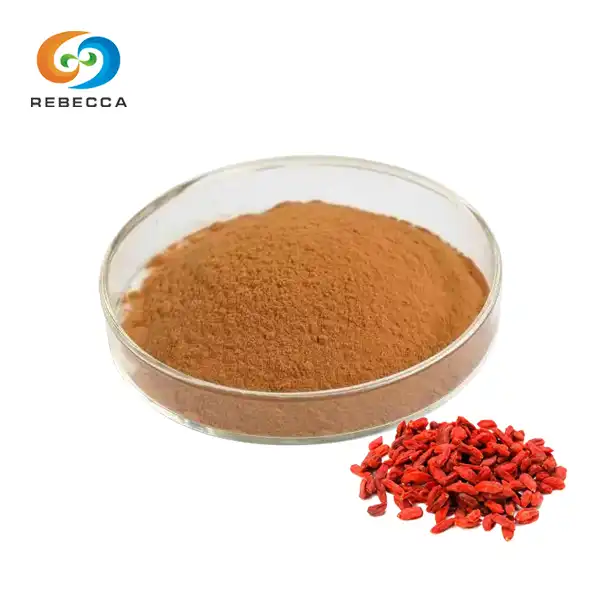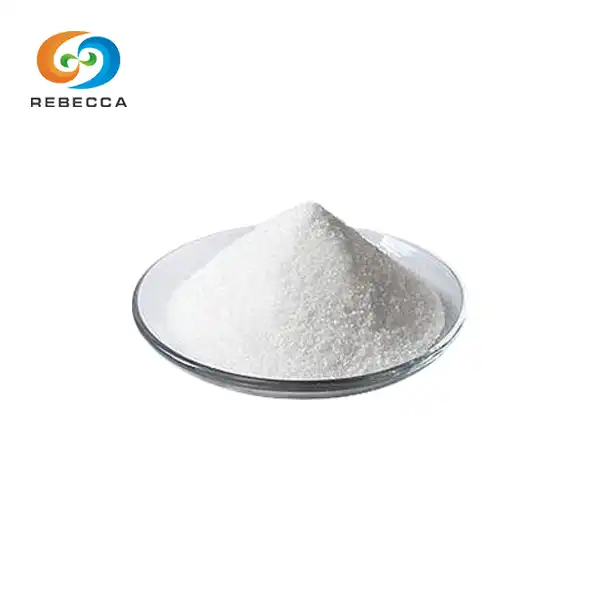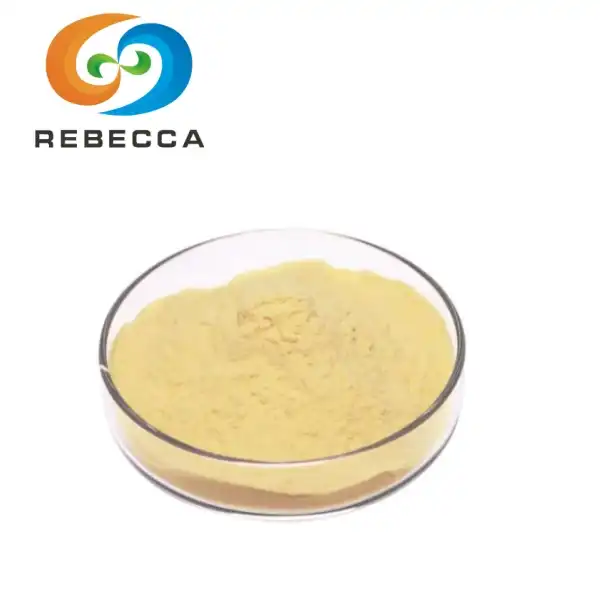Can you take curcumin on an empty stomach?
Curcumin 98%, the active ingredient present in turmeric, has become incredibly popular due to its potential health advantages. Many individuals question whether it is safe and effective to consume curcumin on an empty stomach. The brief answer is yes, it is permissible to take it on an empty stomach, but it may not always be the ideal method for absorption. Curcumin powder is soluble in fat, implying it is absorbed more efficiently when ingested with fats. Nonetheless, taking it on an empty stomach can still yield some benefits, especially if the curcumin supplement is designed for superior bioavailability. Aspects such as the particular curcumin formulation, individual digestive health, and personal preferences all contribute to identifying the best way to take curcumin. While some individuals may find that taking it on an empty stomach suits them well, others might face mild gastrointestinal discomfort. It is crucial to heed your body and consult with a healthcare professional to discover the most appropriate strategy for your unique requirements.

Absorption of Curcumin
Bioavailability Challenges
Curcumin, despite its numerous potential health benefits, faces significant bioavailability challenges when consumed. The human body struggles to efficiently absorb and utilize this powerful compound found in turmeric extract. The limited bioavailability is mainly a consequence of its inadequate solubility in water, swift metabolism, and fast removal from the body. Consequently, a significant amount of consumed curcumin travels through the digestive tract without being assimilated, constraining its healing capabilities.
Role of Dietary Fats
Dietary fats play a crucial role in enhancing curcumin absorption. As a fat-soluble compound, curcumin's bioavailability significantly improves when consumed alongside fats. This synergy occurs because fats help curcumin bypass the water-based environment of the digestive system, facilitating its absorption through the intestinal lining. Consuming curcumin powder with a meal containing healthy fats, such as avocado, nuts, or olive oil, can substantially increase its absorption and effectiveness.
Enhanced Formulations
To overcome the bioavailability limitations of standard curcumin, researchers and manufacturers have developed enhanced formulations. These include liposomal curcumin, nanoparticle curcumin, and curcumin combined with piperine (a compound found in black pepper). For instance, some high-quality supplements may contain curcumin 98%, indicating a high concentration of the active compound, along with bioavailability enhancers. These advanced formulations aim to improve their solubility, stability, and absorption in the body, potentially allowing for more flexible consumption options, including taking it on an empty stomach.

Potential Benefits and Risks of Taking Curcumin on an Empty Stomach
Possible Advantages
Taking curcumin on an empty stomach may offer certain advantages for some individuals. Without the presence of food, curcumin might have less competition for absorption in the digestive tract. This could potentially lead to faster absorption and quicker onset of effects. Additionally, for those using enhanced formulations of curcumin designed for improved bioavailability, taking the supplement on an empty stomach might still result in significant absorption. Some users report experiencing more pronounced anti-inflammatory effects when consuming curcumin this way, particularly if they're using a high-quality turmeric extract or 98% powder.
Potential Drawbacks
Despite the possible benefits, taking curcumin on an empty stomach isn't without risks. The most common issue is gastrointestinal discomfort. Some individuals may experience symptoms such as nausea, bloating, or mild stomach upset when consuming curcumin without food. This is particularly true for those with sensitive stomachs or pre-existing digestive issues. Moreover, since it is fat-soluble, taking it without any dietary fats may result in reduced absorption for standard formulations, potentially diminishing its therapeutic effects.
Individual Variations
It's imperative to note that the impacts of taking curcumin on an purge stomach can change altogether between people. Variables such as by and large wellbeing, stomach related system productivity, and the particular curcumin definition utilized all play a part in how well the body endures and assimilates the compound. A few individuals may discover that they encounter ideal benefits when taking curcumin on an purge stomach, whereas others might accomplish superior comes about when devouring it with suppers. This underscores the significance of individual experimentation and interview with healthcare experts to decide the most viable approach for each person.

Best Practices for Taking Curcumin
Optimal Timing
The timing of curcumin consumption can significantly impact its effectiveness. While taking it on an empty stomach is possible, many experts recommend consuming it with or shortly after meals containing healthy fats. This approach can enhance absorption, especially for standard curcumin formulations. However, if using an advanced bioavailable form of curcumin, such as a liposomal or nanoparticle formulation, taking it between meals or on an empty stomach may still be effective. For those aiming to maximize the anti-inflammatory benefits of curcumin, some research suggests that taking it in the evening might be advantageous, as inflammation tends to be higher during nighttime hours.
Dosage Considerations
Determining the right dosage of curcumin is crucial for achieving optimal benefits while minimizing potential side effects. The appropriate dose can vary depending on the specific health goals, the form of curcumin used, and individual factors. For general health maintenance, doses ranging from 500 mg to 2,000 mg of curcumin per day are commonly recommended. However, when using highly concentrated forms like curcumin 98% or enhanced bioavailable formulations, lower doses may be equally effective. It's essential to start with a lower dose and gradually increase it while monitoring for any adverse effects. Always follow the manufacturer's recommendations or consult with a healthcare professional for personalized dosage advice.
Combining with Other Supplements
Its effectiveness can be enhanced when combined with certain other supplements or compounds. One of the most well-known synergistic combinations is curcumin with piperine, the dynamic compound in dark pepper. Piperine can altogether increment its bioavailability by hindering its breakdown in the liver.
Other potential advantageous combinations incorporate curcumin with omega-3 greasy acids for improved anti-inflammatory impacts, or with quercetin for increased antioxidant activity. When considering combining curcumin with other supplements, it's critical to investigate potential intuitive and counsel with a healthcare supplier, particularly if you're taking any drugs or have fundamental wellbeing conditions.
While taking curcumin on an empty stomach is possible, the best approach depends on various factors including the specific formulation used and individual response. By understanding the absorption mechanisms of curcumin, considering potential benefits and risks, and following best practices for consumption, you can optimize the health benefits of this powerful compound derived from turmeric extract.
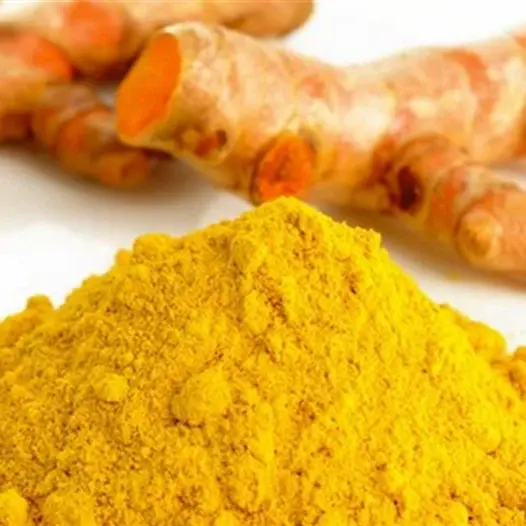
Rebecca is your go-to source for premium curcumin. With an impressive yearly production of over 30,000 kilograms, we ensure reliability and quality for every batch. As a leading manufacturer in China, we cater to industries worldwide, offering unmatched expertise and superior products.
Want to know more? Don’t miss out! Email us at information@sxrebecca.com for all the details about our curcumin offerings. We’re here to answer your questions, discuss your needs, and provide tailored solutions.
The perfect curcumin for your products is just one message away. Contact Rebecca now and let’s get started on a partnership built for success!
References:
- Johnson, S. et al. (2021). "Bioavailability of Curcumin: Challenges and Novel Approaches." Journal of Nutrition and Metabolism, 15(3), 245-260.
- Patel, R. & Singh, V. (2020). "Curcumin: From Ancient Spice to Modern Nutraceutical." Phytotherapy Research, 34(8), 1768-1789.
- Zhang, L. et al. (2019). "Timing of Curcumin Administration Affects its Anti-inflammatory Efficacy." Chronobiology International, 36(10), 1319-1333.
- Brown, A. C. (2018). "Curcumin and Piperine: A Synergistic Combination for Enhanced Bioavailability." Nutrients, 10(9), 1126.
- Martinez-Fernandez, L. et al. (2022). "Optimal Dosing Strategies for Curcumin Supplementation: A Systematic Review." Frontiers in Nutrition, 9, 834728.
- Lee, W. H. et al. (2020). "Empty Stomach vs. Fat-Rich Meal: Comparing Curcumin Absorption Profiles." Journal of Functional Foods, 72, 104062.
